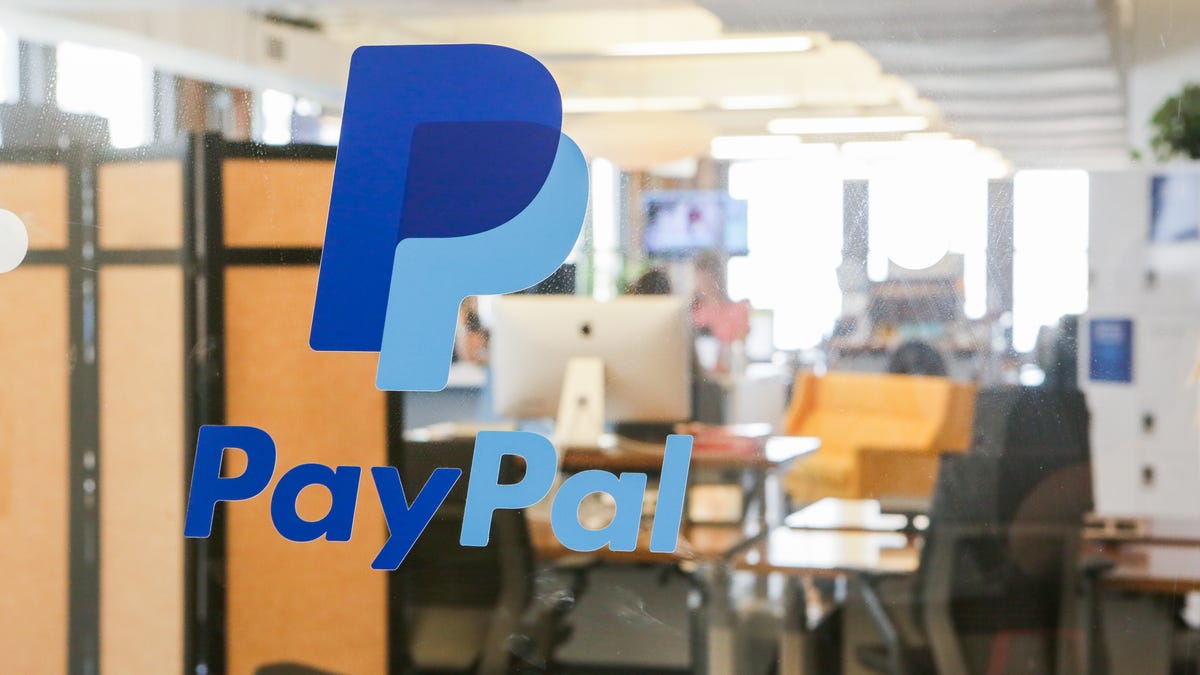PayPal wants to become your daily money habit
The payments company is working to give its customers more choices, in hopes of becoming a bigger part of their financial lives.

PayPal has been annoying some of its customers for years.
Instead of making it easy for folks to pay online using their credit cards, the digital payments company directs them to buy stuff with their PayPal balances and checking accounts. The end result has been both profitable for PayPal (because it avoids credit card networks' higher fees) and a pain for shoppers looking to rack up points or frequent flyer miles.
PayPal is finally changing that, thanks to new deals with Visa and Mastercard it signed earlier this year. On Thursday, PayPal took the chance to tout those agreements, saying its US customers will be able set a default way to pay -- whether credit card, debit card or bank account -- starting this month. The change will be implemented globally beginning early next year.
"We want to make it easy for anyone to pay however they want, wherever they want," Joanna Lambert, a PayPal executive focused on consumer products, said in an interview.
This change, coming just ahead of holiday shopping, is another way PayPal is hoping to make its app and website far more intimate pieces of people's financial lives. Right now, PayPal is something its average customer uses only twice a month; it wants that to increase to twice a week. The Visa and Mastercard agreements could help do that by encouraging more people to use PayPal more often and inviting back many customers who were turned off by its current system.
Becoming more ubiquitous is critical for PayPal, especially since it spun off of eBay last year and now needs to transform itself from being a mostly eBay-centric service to a much broader one. While it remains the leading name in digital payments, PayPal these days has to fight off many more competitors -- from Apple Pay to a handful of financial-technology startups -- to stay relevant.
To do that, the company is also working on allowing in-store payments using PayPal -- another benefit of the Visa and Mastercard deals -- and it wants to provide more financial advice and personalized services.
PayPal has also expanded its One Touch service, which makes it easier to pay on your phone or online without having to constantly punch in your log-in information. The company said Thursday that One Touch will reach more than 36 million customers by year's end, up from about 10 million a year earlier.
Even with that big increase, One Touch still only reaches a small part of PayPal's 188 million active customers. Lambert, though, said PayPal expects One Touch to keep up its fast growth.

